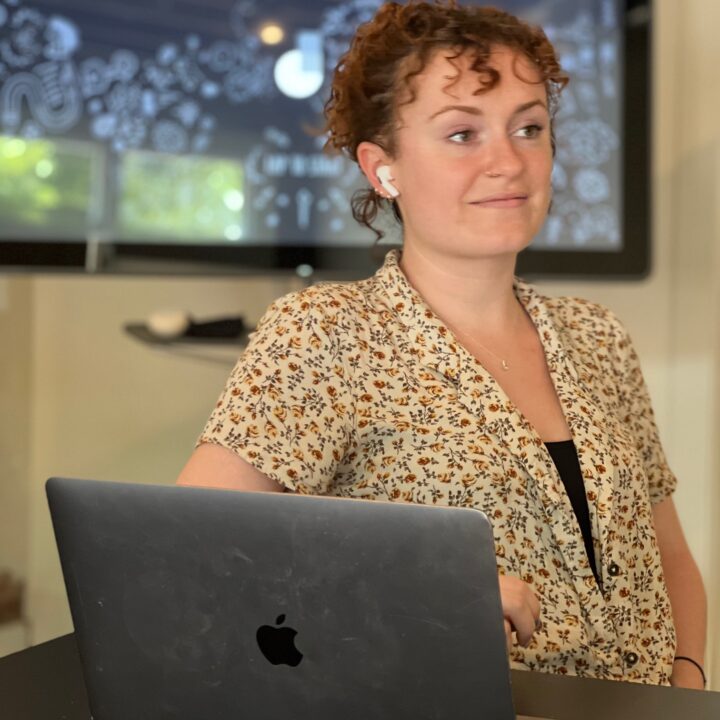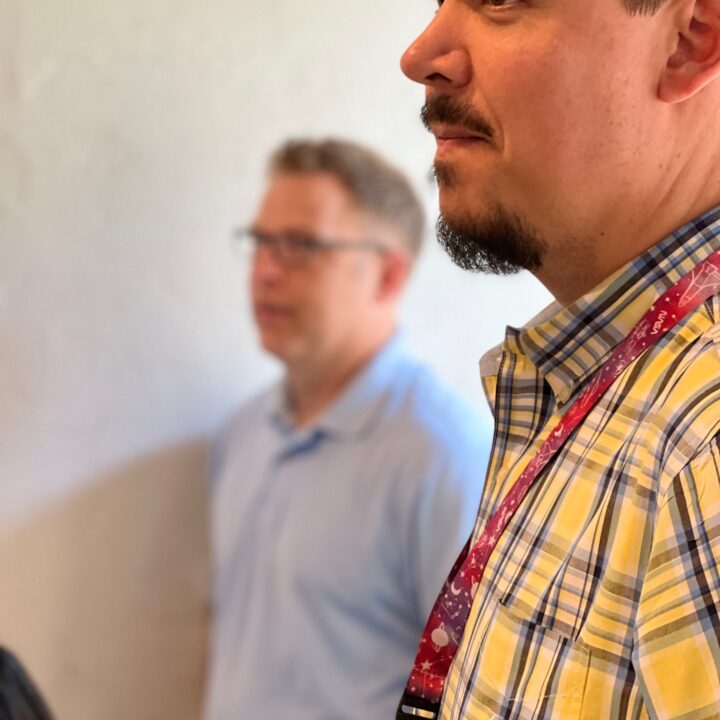Knowing that you need to invest in a new technology solution and determining what that solution is don’t always go hand in hand. Taking a step towards making that investment is daunting enough; navigating a sea of unfamiliar terminology and wading through information from multiple companies can be enough to make your head spin.
Let’s explore the landscape of technology partners, the language they use, and the scenarios in which they’re best suited to help so you can explore your options with confidence.
What Types of Technology Partners Are There?
How a firm is structured will give you insight into how you can expect to work with them.
1. Professional Services:
Professional services organizations (like us!) work with their clients on a project basis. They’re brought in to tackle specific problems and, depending on their scope and expertise, they may also serve as a trusted advisor. The goals of the partnership can be broad and often evolve.
Best If You Want:
- A long-term partnership
- A partner to help you explore ideas
- Multi-dimensional support
Example Engagements:
- Developing a strategic roadmap for streamlining your technology ecosystem
- Building a custom data system
2. Managed Services:
A managed services provider works with you on a contract basis. You might engage them when your team doesn’t have the bandwidth or skills to manage the support and maintenance of common IT operations. Unlike professional services, the scope of the partnership provides day-to-day support in a specific area.
Best If You Want:
- To offload administration of common IT tasks to a third party
- To reduce workload for your staff
- A predictable, recurring budget line item
Example Engagements:
- Managing a VoIP phone system
- Network installation and monitoring
3. Staff Augmentation:
A company that offers staff augmentation services will “loan” their team members to you. The staff member becomes part of your team and adapts to the way you work. It’s a great option if you have software development skills and leadership in-house, but need additional “hands on keyboards.” Because the investment can be high, this is generally not a good long-term solution.
Best If You Want:
- Additional support to meet a critical deadline
- Temporary expansion of bandwidth for a specific project
- To minimize long-term, recurring costs
Example Engagements:
- Bringing on additional people to do quality assurance and testing before the launch of a new system
- Bridging a gap between hiring
4. Product Companies:
A product company offers clients, well, a product. This is a departure from the others in this list, but we opted to include it because some product companies can offer helpful services. The range of support varies widely, often in accordance with the complexity of their product, and ranges from comprehensive implementation and training services to very basic in-app support.
Best If You Want:
- To work with a specific product
- A solution that you implement yourself (with exceptions)
- Additional support for a product you already use
Example Engagements:
- Buying a subscription to access a web-based case management software
- One-time implementation support services for a product you want to use in your organization
It’s not always going to be clear on a company’s website which of these categories they fall under. Sometimes organizations can fit in multiple boxes (e.g., some professional services firms implement specific products, too). Approach your potential partners armed with this kind of terminology. That way, you can ask the right questions and better assess whether they’re the right fit for you.






